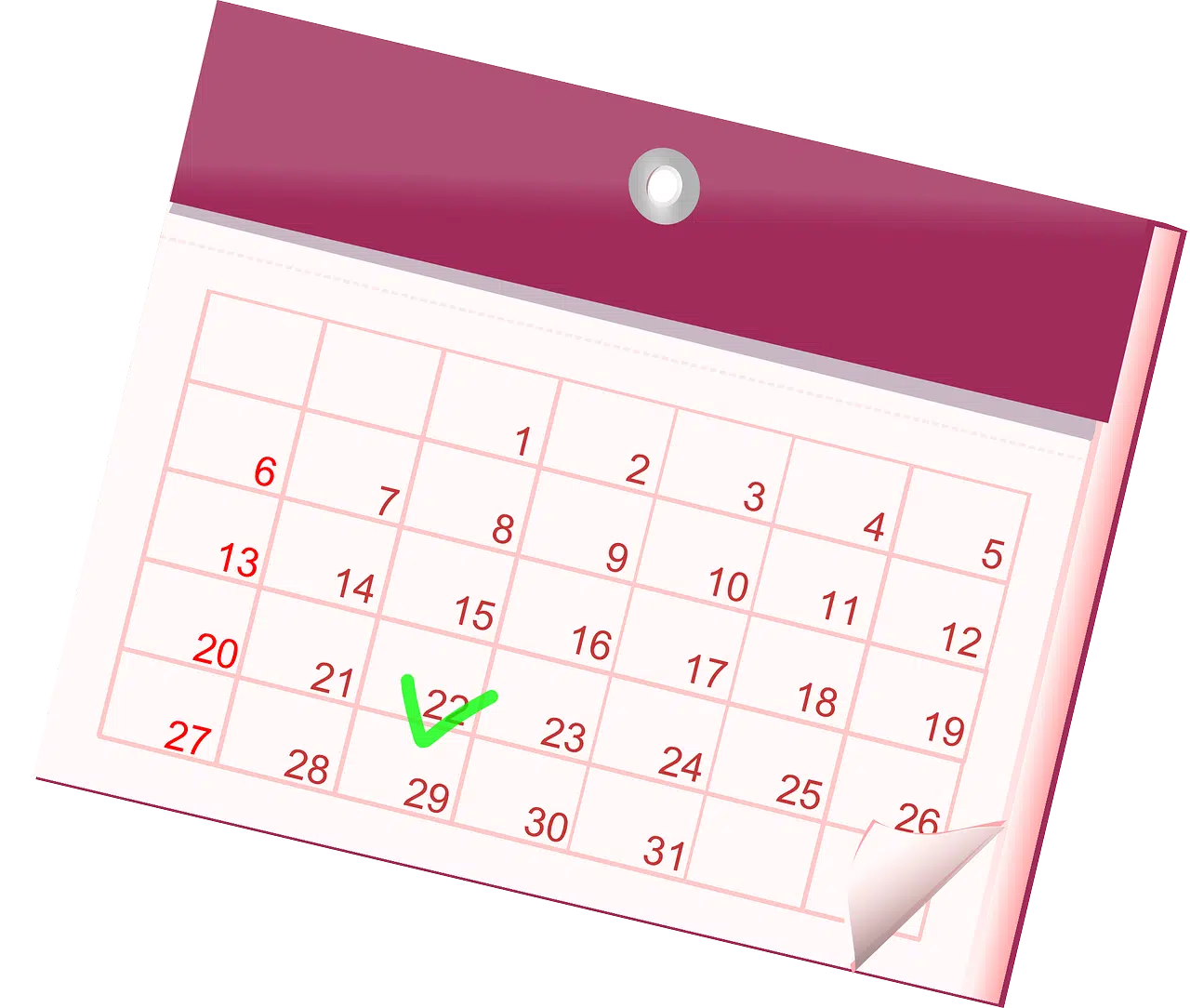
Verb morphology includes a root and one or more morphemes.
A verb is a type of word that can be modified to agree with the person, number , tense , manner , and aspect of the subject of which it speaks.
Originating from the Latin term verbum , the verb is the element of a sentence that sets the tone of existence and describes an action or state that influences the subject. It is the core of a structure that can mark the division of the subject and the predicate.
Basically we can say that the verb is the one that indicates what activity the grammatical subject of a sentence performs and that it can express moods, feelings , actions, attitudes or states . The verb can be indicated through a term that determines action in the case of the active voice or as a complement in the case of the passive voice.
Characteristics of verbs
The branch of linguistics dedicated to the analysis of the elements of language is called grammar . This specialty studies the different types of words that exist.
A word, thus, can be a noun , an adjective , an adverb, a pronoun, a preposition , a conjunction, an interjection, an article or a verb. Verbs, like nouns, adjectives and adverbs, are constituted as a lexical category since they present semantic and referential content.
For syntax, the verb represents a predication , being the syntactic core of the predicate. It is formed from a root to which different morphemes are attached.
The accessories
In a sentence, the verb can be accompanied by one or more words called complements . When it is a compound sentence, the verbal complement is another sentence.
These verbal complements can be direct , indirect , predicative , prepositional and other kinds. In some cases they are syntactic complements (mandatory requirement) and in others, adjuncts (that is, non-argumentative).

If an action was carried out in a period that has already ended, the verb must be conjugated in the past tense.
Verb classification
Verbs can be classified in many ways. From a morphological point of view they can be regular or irregular ; from the temporal duration of actions, perfective or imperfective ; According to the contribution of meaning they offer, they can be copulative , semipulative , predicative , transitive , reciprocal , reflexive , intransitive or pronominal ; If they serve to support the meaning of other verbs, they are called auxiliaries .
We can define some of them as an example. Transitive verbs are those that require the existence of a direct object to achieve a complete meaning; Intransitives , on the other hand, do not need a direct object in the sentence that conditions the verb.
Irregular verbs have particular conjugations for primitive verb tenses such as the present of the indicative mood, the past perfect simple of the indicative and the future simple of the same way; Regular verbs are, on the contrary, those that respect the most used conjugation systems in the language to which they belong. Other types of verbs are the personal , the impersonal , the tertipersonal , the defective and the copulative .

The gerund is a form of the verb that is not defined by person, number, mood or tense. For example: "He is sleeping."
The conjugation
The use of a verb within a sentence is called conjugation . In some languages, verbs are always used in the infinitive and the verb tense is interpreted with the help of certain particles; In Spanish, all verbs must be conjugated to know the real meaning they have. It is essential, therefore, that the verb adapts to the rest of the words (such as nouns) so as not to clash either in gender or in person or number with respect to the arguments or complements. If we analyze our language, for example, we will notice that the subject always agrees in number and in most cases in the person variable (with the exception of the so-called inclusive subject).
Those languages where verbs are conjugated are called inflected . Each one determines a type of conjugation pattern , which differs from one linguistic system to another. In Spanish, most verbs are conjugated regularly according to three patterns established based on the thematic vowel .
In our language, to carry out a correct conjugation of verbs, it is important to keep in mind that in the singular form there are three people (I-you-he/she) and in the plural there are three others (we-you/you-they), and that some of those forms share conjugation particles (not in all cases). It is necessary to clarify that the moment in which the action occurs is one of the determinants of said conjugation.
Examples of verb use
Verbs usually express an action. Said action may appear stated in the past , present or future depending on whether it has already been carried out, if it is in progress or if it will be carried out soon.
Suppose a person wants to refer to a trip. The subject will express "I traveled to the beach" , "I am traveling to the beach" or "I will travel to the beach" according to whether the trip has taken place, is in progress or will take place later.
As you can see, the phrases vary according to the verb tense . In a text, a speech or a dialogue, it is essential that the tense of the verb is appropriate so that the narrative is precise and can be understood. Although in the mother tongue it is rare for someone to conjugate incorrectly, when learning another language it is more likely that an error will be made and that this error will make understanding difficult for the interlocutor.
When listing events in a paragraph, it is important that the verbs used in the exposition are well conjugated. Otherwise, the statement will not be properly constructed and will not be clear. If someone writes «The boy will play football yesterday. That's why he will be tired today, since he runs a lot. "He had to rest," the description is poorly done and is not understood. The correct thing could be: «The boy played football yesterday. That's why he's tired today, since he ran a lot. "He has to rest."
